The draft bill looks in minute detail at the minimum requirements in respect of keeping mammals. It is intended to cover the large number of wild animals in zoos and circuses as well as the dogs, cats, reptiles, rodents and birds that form the focus of the speciality pet trade. Thus the sale of dogs and cats is generally to be prohibited from 1 January 2005. However, a transition period lasting a number of years is being discussed with regard to those pet dealers for whom the sale of dogs and cats constitutes an important element of their day-to-day sales. Dogs should therefore only be kept in rooms where natural daylight is assured, and should not be kept cooped up in pet shop conditions perpetually. The same applies to cats, which should no longer be kept in cages either.
The sale of young cats and dogs by the speciality pet trade is an issue at the heart of the new draft bill in Austria.
Where small animals are concerned, one of the provisions of the draft bill is that glass tanks should only be used if they have side ventilation openings that are adequately dimensioned and if they are not tightly closed at the top. And if the animals are kept in cages, they should be permitted a daily period of exercise outside the cage if possible, depending on the type of animal. The bill examines the keeping of individual species in detail, too, such as chinchillas: they must be kept in pairs and the cage must not be smaller than 120 x 80 x 100 cm in size.
A topic on which much discussion has focused is the keeping of reptiles. The organisers of the “Exotica” reptile market have posted an advert on the Internet seeking a hall in the Czech Republic or Slovakia in which to continue holding reptile, fish and bird markets. It is also feared that more stringent conditions for keeping terrarium animals will mean that no reptile…

 Menü
Menü

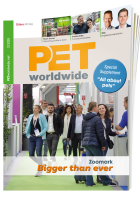



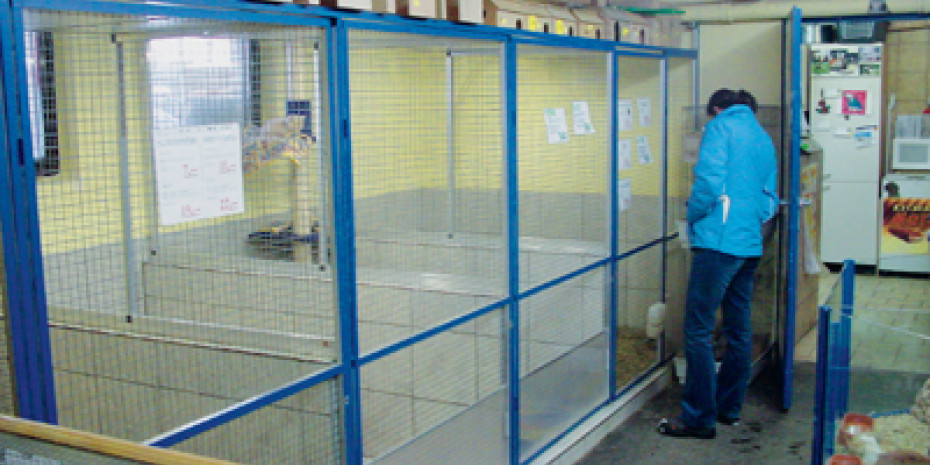

 4/2004
4/2004

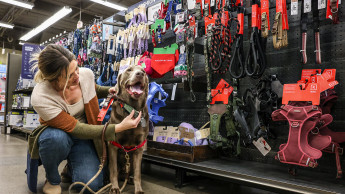
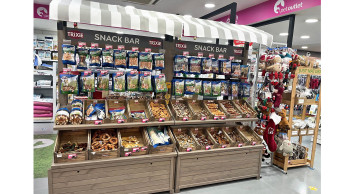


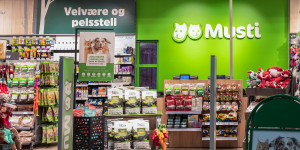



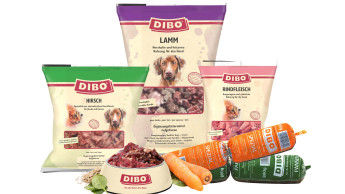
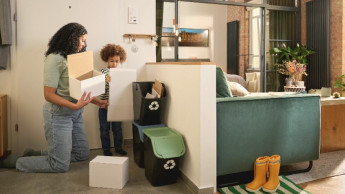
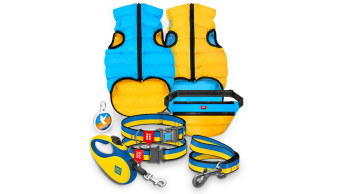
 Newsletter
Newsletter